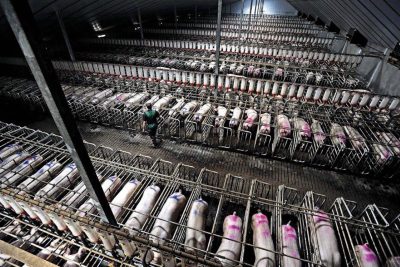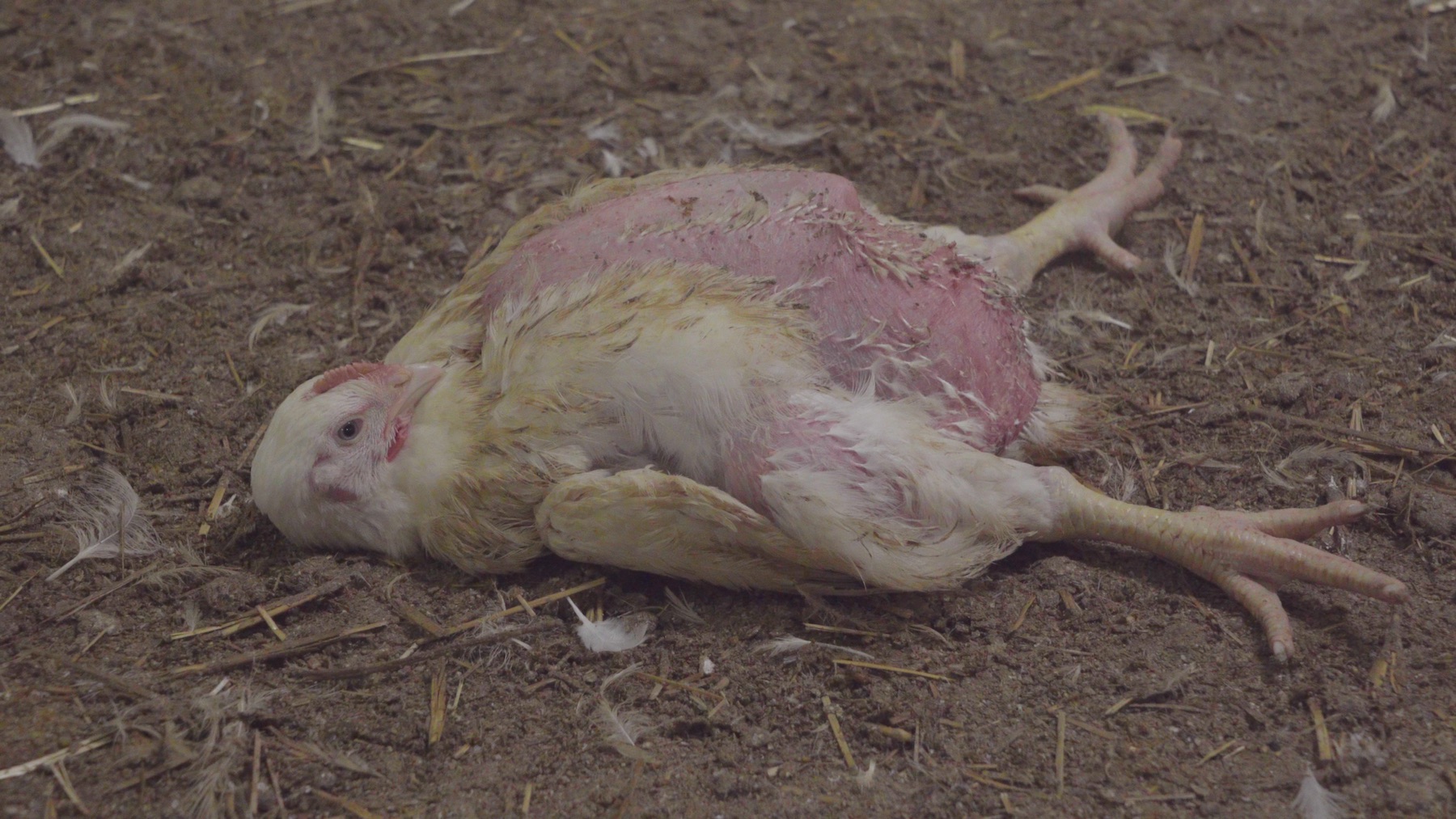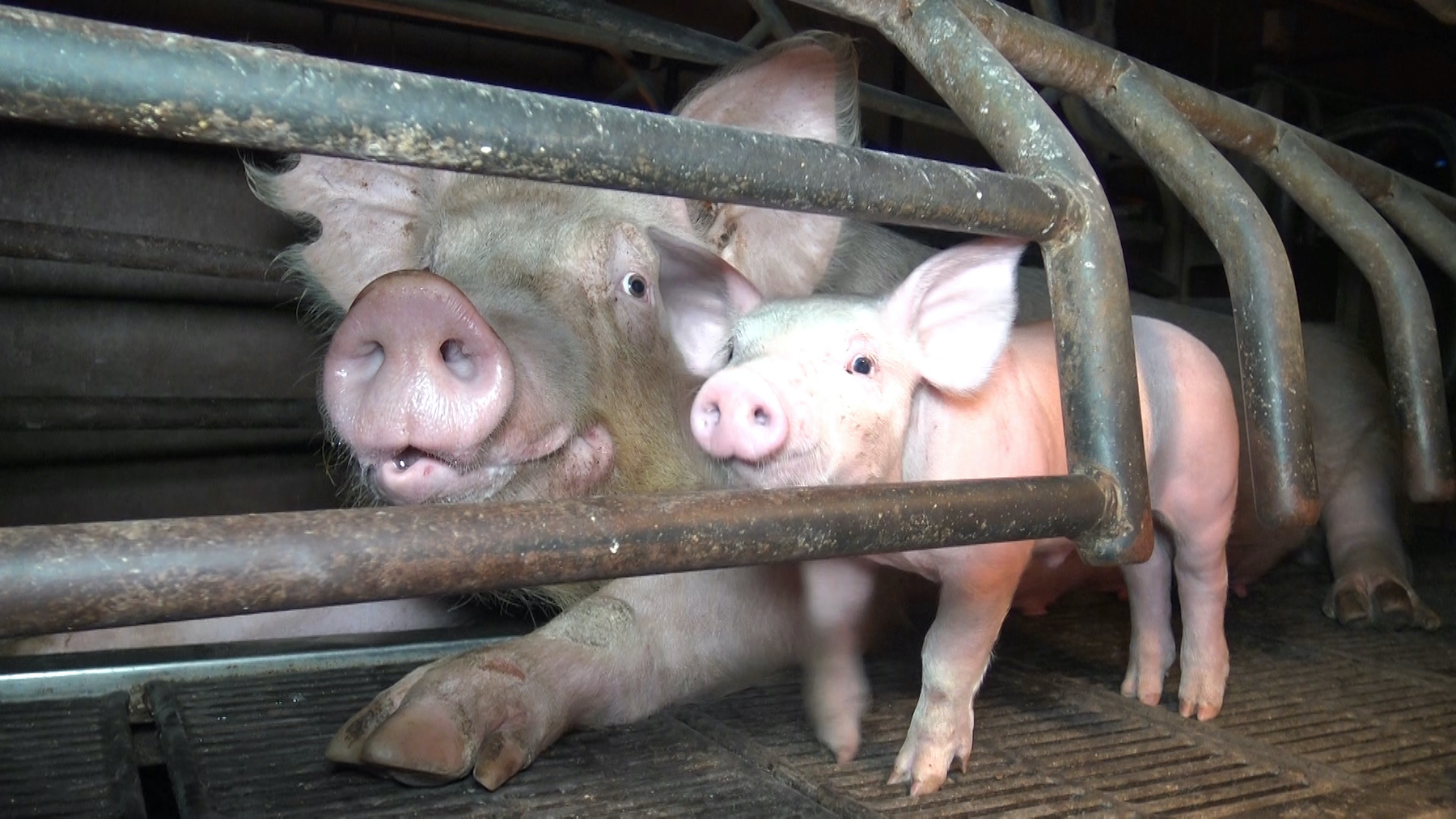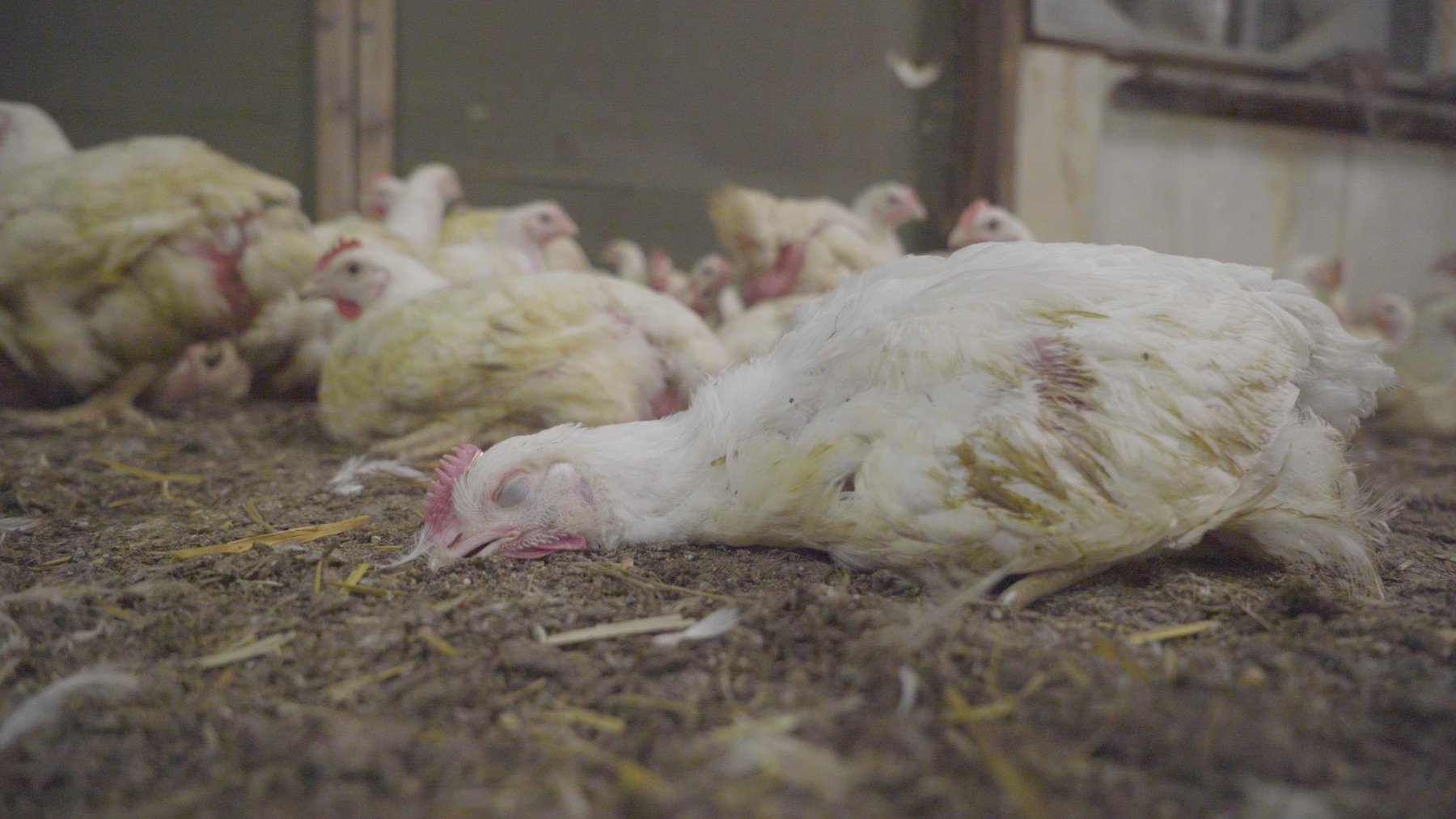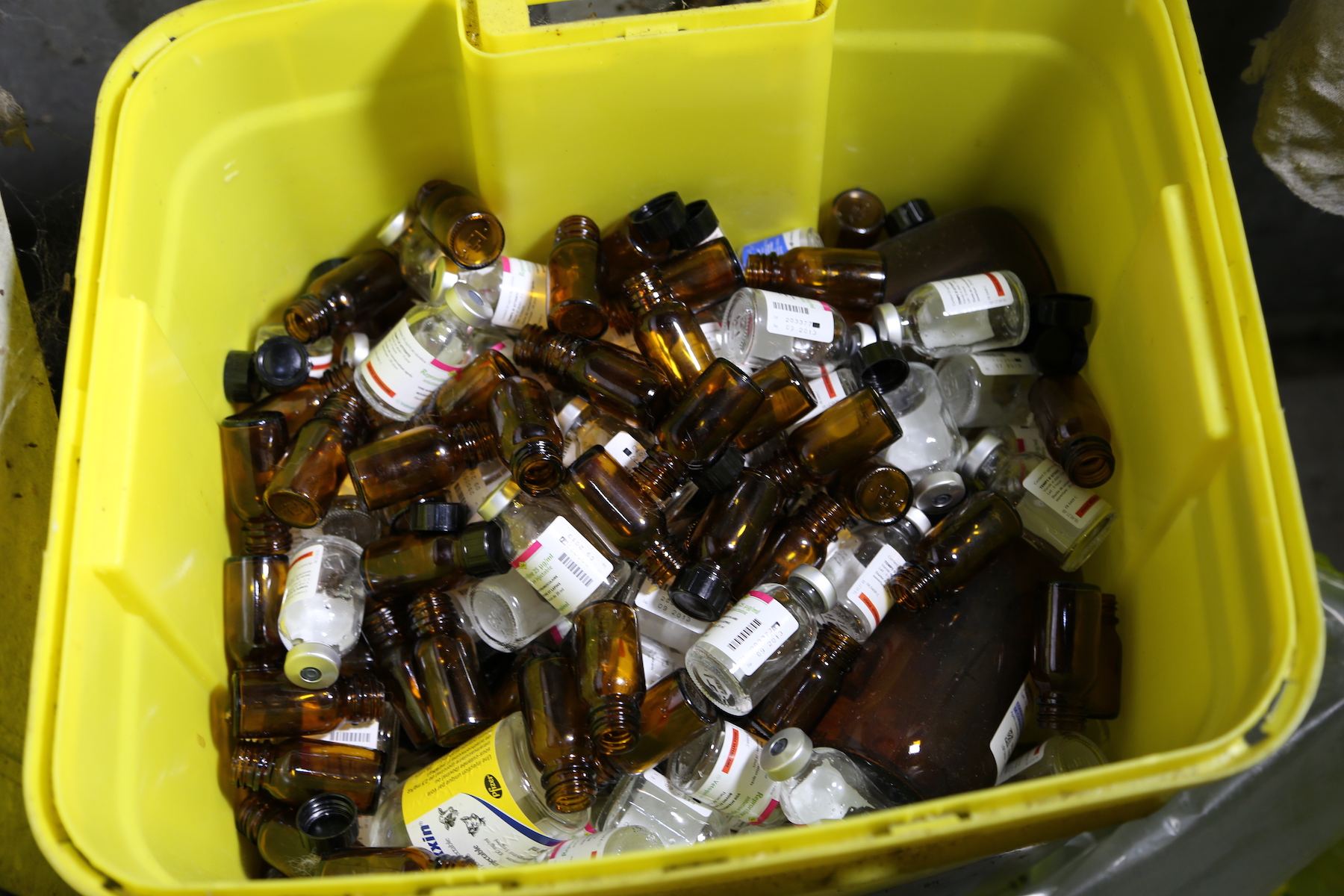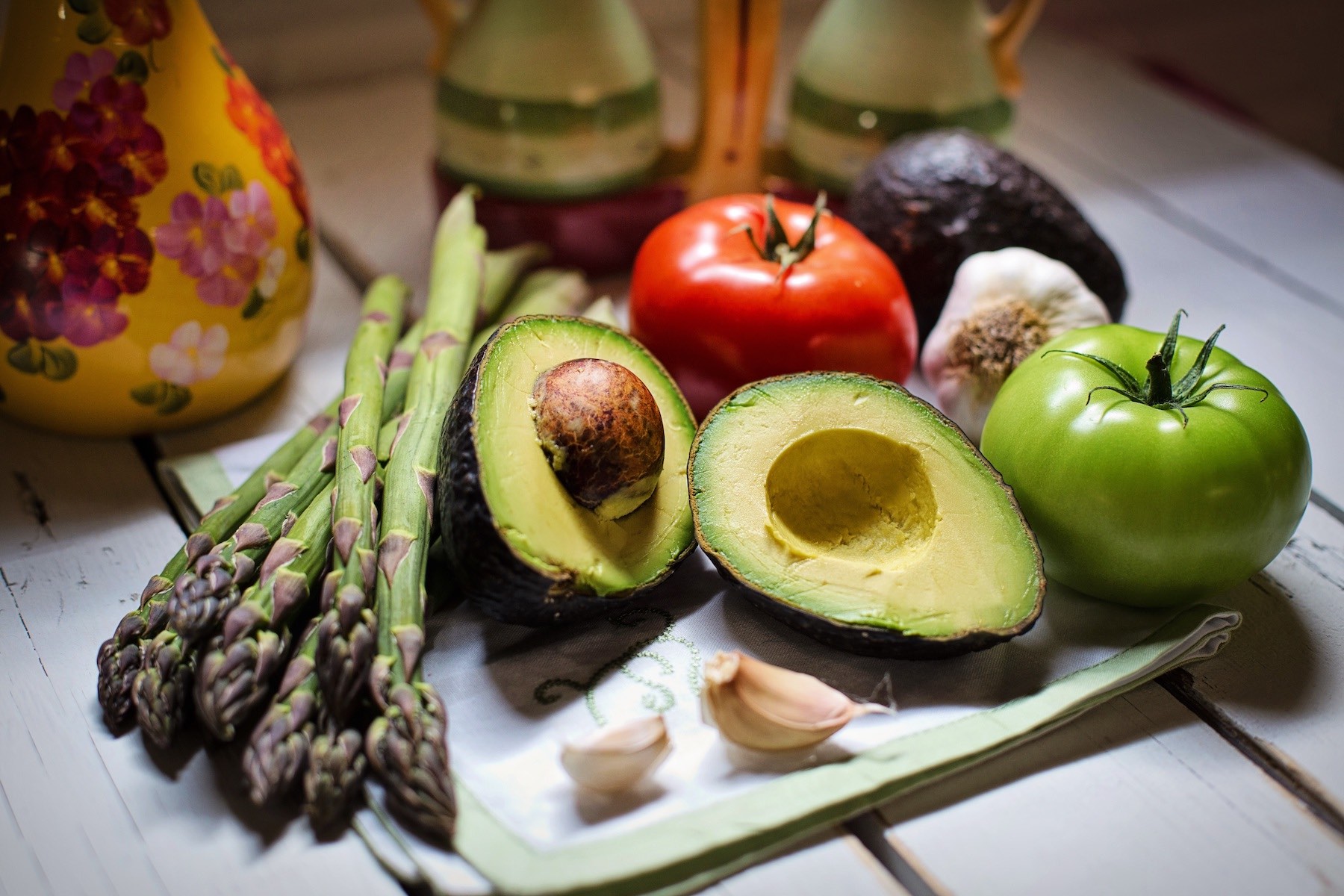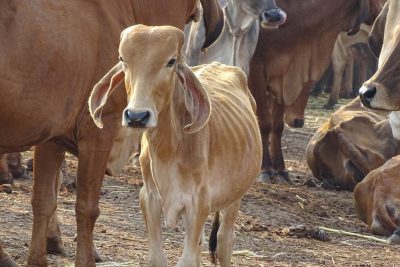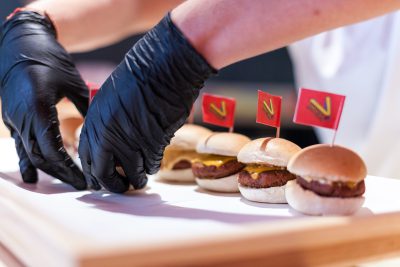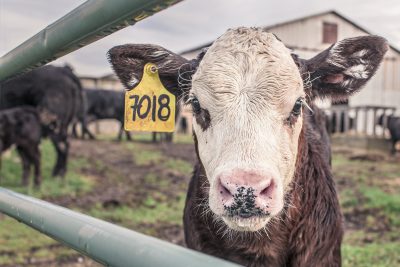The coronavirus pandemic has shone a blinding spotlight on how human activities are endangering our own future. Researchers and academics have been telling us for decades that what we eat and the way we farm animals pose a very real threat to our health. Hunting, trapping, caging, farming, exploiting, trading, slaughtering, butchering and eating animals creates and spreads infectious diseases. It also drives ecological breakdown. If we want a future on this beautiful planet, there are some hard lessons we must learn, and some changes we absolutely must make.
What Is Factory Farming?
The term ‘factory farming’ denotes a highly intensive system that breeds, fattens and slaughters large numbers of animals to maximize profits and minimize costs. Under this system, animals – sentient, feeling, breathing creatures – are treated as if they were no more than ball bearings on a factory line.
The rural farmyards we first saw in childhood books are still used in marketing campaigns but they no longer exist. Today, almost every farmed animal in the United States, and in most other countries around the world, too, are reared inside vast, industrial factory farms.
Chickens, turkeys, ducks and geese are kept inside warehouses that hold tens of thousands of birds. They live their whole lives without access to the earth, the air or the sun. Because they have been bred to grow as big as possible as fast as possible, their hearts cannot cope, and their bones break all too easily beneath their ballooning weight.
Pigs are caged throughout their pregnancies, only to have their young taken away from them. These clean, smart, inquisitive animals are inseminated and bred from repeatedly until they are no longer sufficiently fertile. Then, after years of physical and psychological torment, they are trucked to slaughter.
Cows may be kept outdoors more often than some other farmed animals but there is little in their lives that makes them worthwhile. They may be branded and de-horned – both of which are painful – and lameness is also commonplace. For animals used for dairy or as breeding machines, there is the additional emotional turmoil of having their young taken from them soon after birth. Feedlots are also factory farms.
To keep them alive in the appalling conditions they are kept in – and also to force them to grow even faster – animals of all species are administered a range of drugs, including antibiotics. Such reckless overuse of these precious drugs means pathogens become resistant to them. When we factory farm animals, we simultaneously create diseases and dismantle our ability to fight them.
The Similarities Between Wet Markets And Factory Farms
People all around the world have recently become aware of the existence of wet markets – large collections of open-air stalls selling fresh seafood, meat, fruits, and vegetables. Some wet markets also sell and slaughter live animals – some of them farmed, others wild. In these cramped environments, stressed live animals are packed tightly together. Blood, saliva and other fluids mix, airborne droplets are inhaled, and diseases pass from one animal to another, one species to another.
There are real similarities between wet markets and factory farms, where stressed live animals stand alongside their dead and dying mates. In those cramped, squalid conditions, pathogens pass easily from one host to the next. No wonder both factory farms and wet markets are considered dangerous hotspots for emerging infections.
Are Factory Farms Breeding Grounds For Pandemics?
Yes, they are, researchers warn that intensive farming, involving overuse of antibiotics, high numbers of animals, and low genetic diversity, are the perfect environment for pathogens to spread.
The U.N. report entitled “Preventing the Next Pandemic” names the top drivers of emerging animal-to-human diseases: First is the increasing demand for animal protein. Second is the “intensification” of animal agriculture, driven by our vast consumption of animal products.
To date, the diseases that emerged from factory farms have not mutated to be both highly infectious and have a high mortality rate in people. We’ve been lucky. Those that killed easily have not spread fast; those that have spread fast have not been powerful enough to kill large numbers of people. But on any day, in any country, a new virus could emerge that has both those characteristics. Experts say it will happen, that it is a question of when not if, and all eyes are fixed firmly on the squalid pathogen soup that bubbles away inside industrial pig and chicken farms.
Pandemics Have Come From Factory Farms Before
There is good reason to be worried. Two recent pandemic viruses have already emerged from factory farms. In 2007, the H5N1 bird flu virus swept across the world, killing poultry and people. While it killed around 60 percent of people infected, it was not passed easily from person to person, and so the numbers who died remained, thankfully, low.
Then in 2009, there came the H1N1 swine flu, which genetic analysis showed had emerged from a virus circulating in North American pigs. The Centers for Disease Control and Prevention estimates that, from April 2009 to April 2010, there were 60.8 million cases, 274,304 hospitalizations, and 12,469 deaths in the United States. Globally, it is thought that between 123,000 and 200,000 people may have died as a result of the H1N1 pandemic.
Neither bird flu nor swine flu have gone away. These viruses continue to circulate. For now, the damage they do is limited, but they are just one or two mutations away from becoming much more serious.
The Farm System Reform Act Can Reduce The Risks of Zoonotic Pandemics
In December 2019, New Jersey Senator Cory Booker introduced The Farm System Reform Act. If successful, this bold piece of legislation will end factory farming in industrial-sized concentrated animal feeding operations (CAFOs). It will also end the overuse of antibiotics and many of the shocking but routine mutilations that farmed animals must endure, while also imposing stricter environmental standards and holding meat companies responsible for the damage they do. It could not be more important.
You can support this vital piece of legislation by contacting your representatives today, via one of these campaigning organizations:
Factory Farming And The Urgent Problem Of Antibiotic Resistance
Because factory farms are disease factories, animals are dosed with an array of drugs, just to keep them alive long enough to send them to slaughter. Even so, millions die in the sheds every year, unseen and uncared for.
Antibiotics truly are wonder drugs. Before they were discovered, just over 100 years ago, simple infections killed us, and yet we have abused these precious life-saving drugs by feeding them wholesale to factory farmed animals.
The drugs work at first but if just a few microbes have the genes to resist them, things can go badly wrong, fast. The bacteria that survive multiply, and pass on their resistance to an ever-growing number of bacteria. Segments of DNA that confer this drug resistance can move from host to host, and from species to species. Diseases emerge that cannot be controlled by antibiotics – diseases like MRSA, and certain strains of E coli and salmonella.
The recklessness of wasting antibiotics like this is obvious. Already, each year in the US, at least 2.8 million people get an antibiotic-resistant infection, and more than 35,000 people die. This will only get worse if we continue to imprison animals inside factory farms.
How To Reduce Risk Of Pandemics For Ourselves
When disease comes, those who are strong and healthy are best placed to deal with it. The Physicians Committee for Responsible Medicine says there is evidence that nutrition and other lifestyle measures influence immune strength and susceptibility to infectious diseases. Their recommendation is to eat a low-fat, plant-based diet. They explain: “The immune system relies on white blood cells that produce antibodies to combat bacteria, viruses, and other invaders. Vegetarians have been shown to have more effective white blood cells when compared to nonvegetarians, due to a high intake of vitamins and low intake of fat.”
Plus, studies have shown that fruits and vegetables provide nutrients, such as beta-carotene, vitamin C, and vitamin E, that can boost immune function. The more fruits and vegetables we eat – and the less meat, eggs and dairy – the better.
How Can We Build A Better Food System Post-Coronavirus?
We are now in a unique position to make changes that will not only protect our own health but significantly reduce the likelihood of another global pandemic, which will protect the lives of the people we love, too. And, while we focus on viruses and other pathogens, we should remember that climate breakdown, deforestation and pollution have not gone away. These are huge, interconnected issues but there is one simple, powerful action we can take that helps tackle them all: switching to a plant-based diet.
Dr Michael Greger, New York Times bestselling author of How Not to Die, as well as Bird Flu: A Virus of Our Own Hatching and How to Survive a Pandemic says: “There are no prions in plants; you can’t get coronavirus from a cauliflower, and there’s no flu in falafel production… We can take steps to prevent the next pandemic and, to do so, we need look no further than our own plates.”
So, while we lobby governments to introduce systemic changes, starting with a ban on factory farming, we must also look at our own role in these global health and environmental catastrophes, and acknowledge that if we continue to eat meat, knowing what we know, we cannot lay the blame elsewhere.
Conclusion
Coronavirus has had a profound effect on us all. It has changed the way we think, how we behave, and what we know about our place in this world. Moreover, it has shown us what can happen when we destroy habitats, bring wild animals into cities, and treat all animals with a total disregard for their welfare. It has made many victims and stolen our loved ones but maybe, if we are smart, it will have saved us from an even greater calamity.
We have one beautiful planet, and we rely on it for everything – for the air we breathe, the clean water we drink, and the wholesome foods that sustain us. Somehow, we have lost sight of what is important.
But now we know that waging a war on the environment and non-human animals has a devastating effect on our lives, too. We know that cutting down vast swathes of forest exacerbates climate change and brings pathogens into close contact with people. We know that locking animals inside factory farms breeds disease and creates immense amounts of waste that poison our waterways and create ocean dead zones. And we know that when we eat meat, we are supporting a system that is bad for the planet, bad for animals and bad for ourselves. So, now we know better, we must strive to do better.
Says Evanna Lynch, Harry Potter actress and Dancing with the Stars finalist: “We cannot destroy habitats, and trap, trade, cage and kill wild animals and expect no consequences. Similarly, we cannot lock up billions of animals in squalid factory farms and expect them to remain healthy. Covid-19 has shown us that our future is connected to theirs, and by showing them compassion, we might just save ourselves.”
Find out more about adopting a plant-based diet with our free Vegan Starter Kit. You’ll also have access to our Health & Nutrition Guide, and some of our favourite plant-based recipes.
